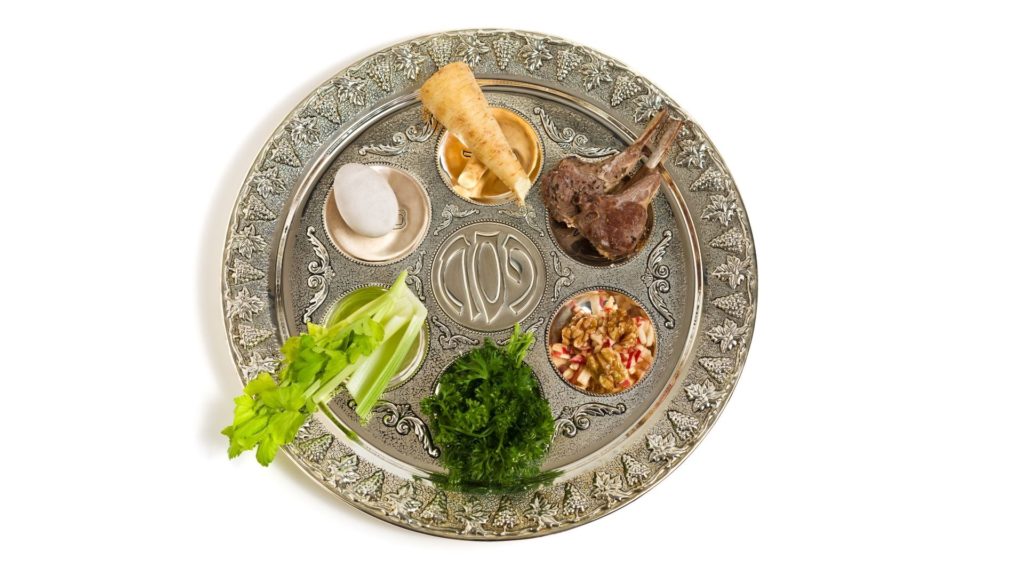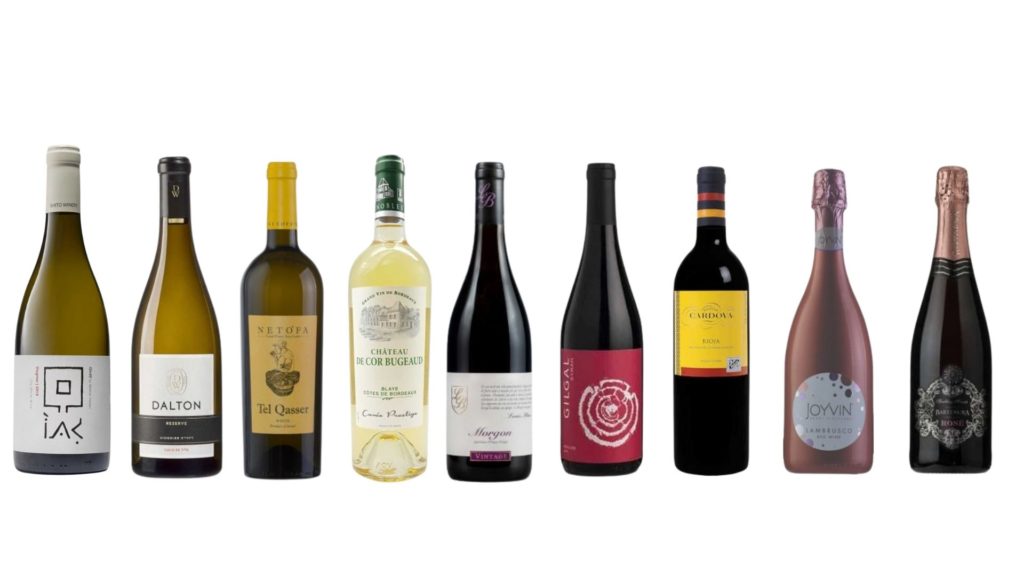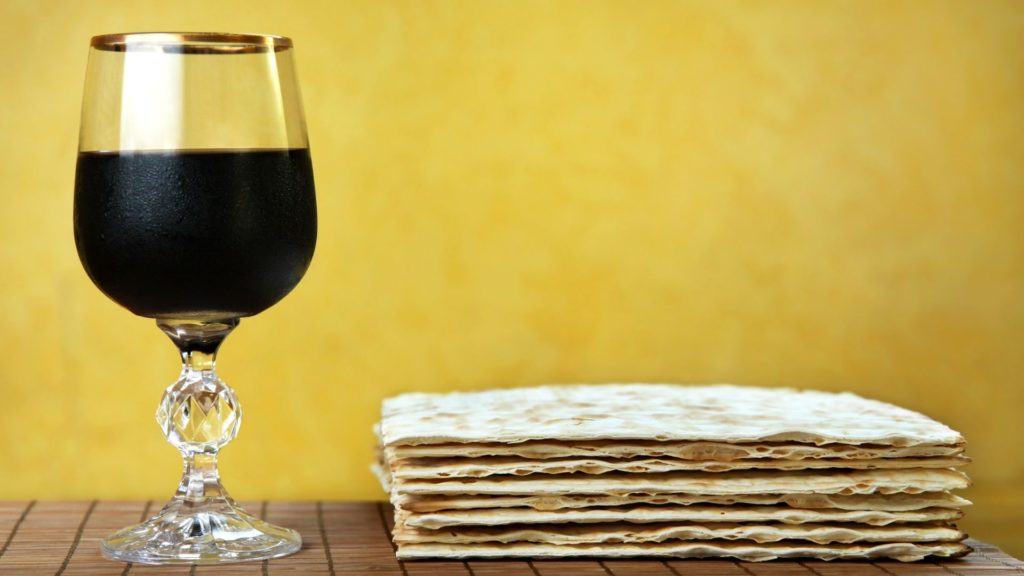Passover Food 101
Chag Pesach Samech and Happy Passover!
Spring cleaning is in full effect, and with bikini season just around the corner, pretty much everyone has stopped eating bread. Whether or not you are clearing your home of all things leavened, AKA Chametz, stocking up coconut macaroons, or scouting great kosher wines, there’s no denying the important role of food and wine during Passover.
When is Passover 2021
This year the festival begins at sundown of Saturday March 27th and wraps up on April 4th, just in time for Easter, or Eastover, for mixed religion households.
Why Do We Eat Matzo on Passover?
This one of the four questions we answer at the Sedar table. In short, Matzo, or Matzot, the dry, flat crackers, are an homage to the rushed exodus from Egypt which left no time for bread to rise. They’re also a reminder to remember our humble origins.
After the nostalgia wears off, matzo does tend to leave palate dry and flavorless. Thankfully dedicated Passover practitioners have gotten creative in the kitchen and come up with delicious ways to enjoy matzot from appetizers to dessert. A simple schmear of butter (or margarine if you’re Kosher) and a sprinkling of finishing salt is a simple pleasure that also goes great with a dry sparkling wine!

What Goes on the Seder Plate?
From unleavened Matzot to the curated Seder feast everything you eat (and drink) has mega meaning at Passover. The overriding theme is one of remembrance. Most items reference the hardships of life in slavery, and a few are up for interpretation.
In addition to matzot, a typical seder plate contains the following:
- A shank bone (z’roa) to represent the sacrificial Paschal lamb of ancient rituals. A popular vegetarian substitute is the Paschal yam.
- A roasted egg (beitzah) to simulate ritual sacrifices, as well as the cycle of life.
- A green vegetable like *parsley or lettuce (karpas) to dip in salt water as a reminder of our ancestors’ tears.
- Bitter herbs, like horse radish or parsley (maror) to represent the bitterness of slavery under oppressive Egyptian rule.
- A variation on chopped apples or pears, nuts, honey, spices and wine (Haroset) to represent the rocky mortar Hebrew slaves fashioned into bricks. It also conveniently offsets the bitter flavors.
- Bonus bitter herbs in another form (hazeret). Life in slavery is bitter. Don’t forget it.
*Parsley is popular on Seder plates. Just make sure not to double up if you’re using it for karpas, use horseradish for maror or hazeret.
Passover Wine
Everything on the plate tells the story of the Hebrews’ bitter enslavement and subsequent fresh start. In addition each item that is sampled and discussed throughout the evening, it is traditional to consume 4 cups of wine, not all at once, but at various stages. This is a good reason to crack open the good stuff, and if you’re Kosher, to seek out delicious kosher wines that you will actually enjoy.
To balance out all the bitterness of the seder plate without covering up the flavors which are so important to the ritual, stock up on dry or semi-dry medium to full-bodied white wines with a silky palate and and a finish that is clean, or fruity. Think hot climate wines and even Buttery Chardonnay. Just beware of too much oak, as that could overtake delicate herbal notes as opposed to accentuating them.
Viognier
Wines made from Viognier are notoriously rich on the palate with huge aromas that span mandarin orange peel, orange blossom, ripe peach and dried apricot.
Find Viognier Online
Gito Viognier 2020: An Israeli Viognier grown in the Mitzpeh Ramon vineyards located in the Israeli desert. Temperature fluctuations mean balanced ripeness and a lot of flavor. In fact, this wine is a blend of an early harvest to preserve acidity and vibrancy, and a later harvest for richness and aroma, which is also barrel fermented for a broader flavor profile. Kosher for Passover. Not Mevushal.
Dalton Reserve Viognier 2018: A more budget-friendly and popular Israeli label, this Viognier also undergoes a percentage of natural, barrel fermentation which bestows a touch of vanilla and spice on the the nose and the long finish. Kosher for Passover. Not Mevushal.
Roussane
Roussane dominates the sought-after blends from the Northern Rhône. It’s also known for a melange of exotic fruit and floral aromas, pear and peach, a honey-like sensation on the palate; think gloss and satin, but with a fresh, dry finish. Try: Israeli winery Netófa’s Tel Qassar White 2018. Kosher for Passover. Not Mevushal.
Traditional Passover Dishes
Once the ritual is over, the real eating begins. Popular Passover dishes vary throughout the world, but there are definitely some cultural through-lines to grasp onto. We rounded them up and paired with wine, including Kosher for Passover options.
An Ashkenazi Appetite
Many of the Jewish comfort foods that come to mind on Passover, as well as other feasts, derive from the Eastern European diaspora. Matzo ball soup, stuffed cabbage, gefilte fish, roasted chicken, brisket, and tzimmes, a sweet stew made from carrots, dried fruit, spices, and sometimes sweet potatoes.
In a Sephardic State of Mind
Sephardic tradition at Passover offers all the variety of the Southern Mediterranean and North African palate, including stuffed zucchini, grain salads, and intensely scented meat or vegetable-based stews like tagine.

Chicken soup, Gefilte Fish and Bordeaux Blanc
Let the veggies and dill sing in your soup with a Bordeaux Blanc. They’re generally a white blend of Sauvignon Blanc and Semillon. Rarely harsh, but always interesting, you’ll get delicate but spritely acidity, citrus and herbaceous qualities of Sauvignon Blanc, a light to medium body and a refreshing mineral finish.
The same wine could very well accompany your gefilte fish, depending on the recipe. If your fish balls have any crunchy pickled vegetables they could clash with the Sauvignon. In that case opt for one of the aforementioned silkier white wines.
Try: Chateau Lacaussade 2019. Kosher for Passover. Not Mevushal.
Roasted Chicken and Beaujolais
Roasted chicken isn’t necessarily simple, especially if stuffed French-style, with thyme or other aromatic herbs, and baked atop a bed of caramelized vegetables. Buttery skin demands a wine with some rough edges- some acidity, some tannin, plus the warmth and comfort of ripe and wild red fruit. Beaujolais Rouge is made primarily from the Gamay grape, which is known for big red fruit and a substantial body, but nothing over-the-top that will smother the flavors of your chicken. It’s also a classic pairing!
Try: Louis Blanc Beaujolais Julienas 2020: Cru Julienas is known for robust Beaujolais with chewy acidity, a ripe and sunny quality, and deep dark fruit. For peak aromas, don’t serve it too warm. Kosher for Passover. Not Mevushal.
Brisket and Rioja
Assuming it’s done right, brisket is succulent and juicy with rich stewed beef flavors. Rioja, with its Pinot Noir-like red cherry fruit and light-medium body along with Cabernet-like tannins and a pretty peppery quality will slice through the fat without bulldozing the flavors of the meat. Try: Ramon Cordova Rioja 2019 Kosher for Passover. Mevushal.
Read more in our Kosher Wine Guide.
Lamb Tagine and Syrah (Shiraz)
Syrah and Lamb are a match made in heaven. Why? Lamb can be quite fatty and succulent. It also has a full spectrum of flavor, an innate gamey quality, not to mention it’s often cooked with complex sweet spice blends. Syrah, especially bigger and bolder new world styles, has a notorious spicy finish. Barrel aging can add an element of sweet, smoky spice, which is a welcome counterpart to the lamb.
Try: Gilgal Syrah 2020 – Golan Heights Winery’s best-selling Syrah is richly spiced, medium bodied and has a never-ending finish that will uplift all of those spices. This wine tends to sell out fast. As slightly jammier back-up, try their Cabernet-Merlot Blend. Kosher for Passover. Not Mevushal.
Another slightly lighter-bodied, but just as tasty option is Twin Suns Reserve Syrah 2019 from California. Kosher for Passover. Not Mevushal.
Stuffed Zucchini and Dry, Mineral White Wine
Unless your zucchini is packed to the gils with red meat and drenched in sauce (in which case pass the Syrah), elevate the delicate flavors of zucchini and the aromatic herbs and spices in the filling. Even lamb-based stuffing may not not dominate the otherwise vegetal and aromatic qualities of this Mediterranean classic. Try one of central or southern Italy’s infamous white wines, grown on volcanic soils, like Greco, Fiano, Carricante, Inzolia, or even Malvasia di Lazio. Their fresh, fruity, floral, and herbaceous aromas combined with balanced acidity and long finish will hold its own while uplifting all the flavors of your stuffing.
Try: Sentieri Ebraici Greco di Tufo DOCG by Claudio Quarta 2018 Kosher for Passover. Not Mevushal.
Passover Desserts and Dessert Wine
Coconut macaroons, chocolate-dipped matzot, and that surprisingly moist apple cake are a perfect opportunity to appreciate a sweet or semi-sweet dessert wine like Moscato or a Lambrusco Dolce. While you might be wondering if it’s too much sugar, the balance comes from the refreshing acidity an fizz in these wines. A drier wine would also clash with all that sweetness.
Watch our Video about Kosher Wines



